Premature ovarian insufficiency or POI, was previously referred to as premature ovarian failure. Premature ovarian insufficiency is a condition in which a woman’s ovaries lose their normal function at an earlier than expected age. This means that the ovaries will significantly decrease the amount of estrogen and progesterone they produce in addition to ceasing to...
Category: Education
Uterine Scarring
What is Uterine Scarring Intrauterine adhesions, also known as synechiae or scar tissue, are bands of fibrous scar tissue that form within the uterus. Scar tissue affects the functional lining of the uterus and can be a reason for infertility. Your uterus has three layers: an outer layer (serosa), a middle muscular layer (myometrium), and...
Advanced Maternal Age
Advanced maternal age “AMA”, is often defined as maternal age of 35 or greater at the time of delivery. Advanced maternal age is most often considered during pregnancy however it also greatly affects fertility. It is known that there is a decrease in fertility with advancing age. Female fertility starts to decline several years prior...
Now trending: Crowdfunding for IVF or surrogacy
Have you ever given to a great cause even when the outcome wasn’t guaranteed? Helped for the sake of helping? That’s the premise behind crowdfunding for IVF or family building services such as surrogacy and adoption. Our HRC Fertility staff is watching the trending topic, and hoping that it helps raise awareness and funds for...
ZIFT – IVF STUDY
Zygote Intrafallopian Transfer (ZIFT) versus In Vitro Fertilization (IVF) – Embryo Transfer for Patients of Advanced Maternal Age HRC Fertility, like nearly every reputable fertility center, no longer performs ZIFT. IVF is the preferred method, making up 98% of assisted reproductive technology. This Study is Closed. Primary Aims: To determine whether ZIFT improves clinical pregnancy rates in women...
Current Fertility Studies
Participate in the newest fertility research projects at HRC Fertility. At HRC Fertility, clinical studies are always underway as we are dedicated to finding new and responsible ways of solving reproductive health issues to help our patients build families. Please take a moment to read about the current studies listed below, and feel free to...
IVF: If at first you don’t succeed, should you try again…
In vitro fertilization (IVF) is currently the most effective treatment available for infertility of nearly all causes. It is a very precise and controlled process, which involves stimulating the growth of multiple eggs, removal of the eggs from the ovaries (egg retrieval), fertilization in the embryology laboratory, and subsequent placement of the best-quality embryos into...
A Woman’s Biological Clock and Fertility
In the mid-1980s, a group of scientists first discovered that there was a natural decrease in fertility as a woman aged. By studying different populations from as early as the 1600s (when contraception was not an option), these scientists were able to show that fertility rates declined gradually as the age of the female partner...
Back to Basics: The Difference Between IUI and IVF
Intrauterine insemination (IUI) and in vitro fertilization (IVF) are two commonly used methods of fertility treatment, which increase a couple’s chance of becoming pregnant. IUI is a procedure during which processed and concentrated motile sperm are inserted directly into a woman’s uterus. This procedure is timed according to a woman’s ovulation, and may be performed...
Older Moms and Autistic Kids
Every week it seems that a new study pertaining to autism is being published. It’s not surprising considering that the Centers for Disease Control and Prevention has estimated that one in 110 children had the condition in 2006. The second week of February was no different. A research study from the University of California Davis...


